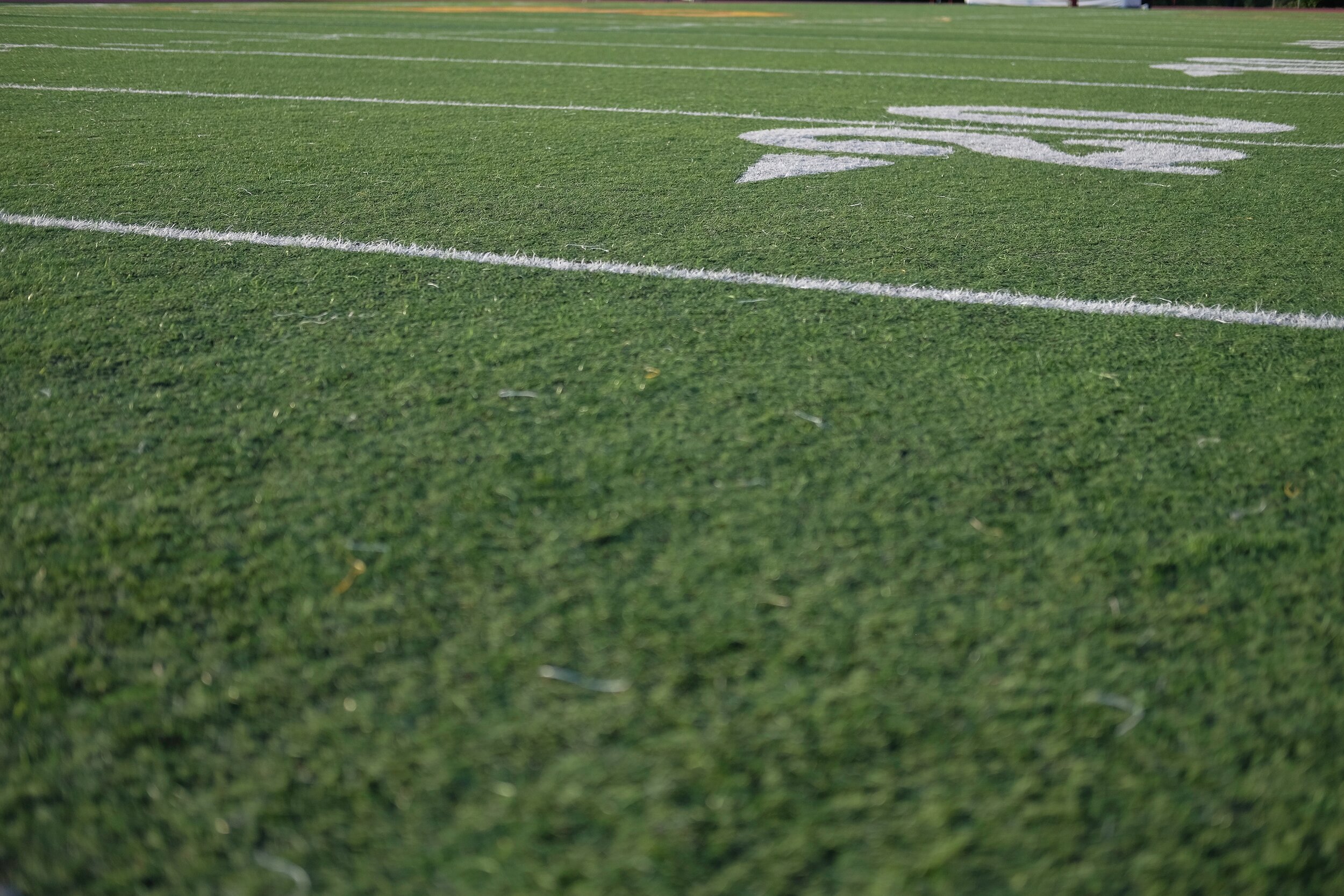By M.C., a former pioneering missionary in Eurasia
True confessions. Want to know what makes me anxious? Going over to a friend’s house to eat fajitas and watch football.
Ok, I’m being dramatic. I’m not losing sleep over it. But I recently came back from Eurasia, where I spent a decade trying to help unbelievers from another culture get to know Jesus, so I still have anxiety about American social situations in which I feel incompetent—like discussing Netflix shows or watching football. I don’t always know how to connect with people here.
I’m in a strange transition. I’m living among the lost, even though I’m back in my “home” country. How will I connect with unbelievers in this foreign land called suburbia? Maybe what I learned overseas can help me in the U.S.
For more ideas about reaching your neighbors, click here and watch a film about what God is doing through Navigators in Oregon.
In Eurasia, I was determined to bond with the culture. I wanted to follow Jesus' principles of cultural adaptation. He told his disciples: “Stay there, eating and drinking whatever they give you, for the worker deserves his wages . . . eat what is offered to you” (Luke 10:7-8). To me, eating what was offered to me meant finding local solutions to my needs instead of importing my American lifestyle.
Soon after I arrived in Eurasia, I became homesick for music that I could share with people, like playing guitar around a campfire. What was the local solution to fill that gap in my life?
One day I saw my host family gathered around a son who played a lute-like instrument. I asked the family how I could learn to play, and they helped me find a private teacher. It took me years to learn, but when I played their national instrument, people felt honored and loved. I ended up on national TV because it was such a novelty for an American to know the country’s folk music.
I learned another lesson about cultural adaptation: Be vulnerable and let people help you. I’ve learned that people connect quickly when they can help you. Just days after meeting my host family, I found myself sick and dependent on them. While in bed feeling feverish and weak, my host mom, a widow in need of companionship, came in with tea and raspberry jam. As I drank my tea, I realized that God had provided a mother figure for me. We bonded quickly. She became my cultural guide, explaining how I should act in new situations, like Naomi did for Ruth.
Jesus also saw neediness as an opportunity. At one point, He sent out his disciples without money or extra provisions. Thus, they would show up in every town needing hospitality. Even Jesus let people minister to him, as we can see from the description of women at the crucifixion scene: “In Galilee these women had followed him and cared for his needs. Many other women who had come up with him to Jerusalem were also
there” (Mark 10:14).
When I was in college years ago, I befriended a refugee family who needed translation help. We quickly discovered I needed their support more than they needed mine. They saw I was a student living several states away from my parents, so they cooked meals for me and even allowed me to sleep on their couch when I was sick. When I shared the Gospel with them, they knew I was sincere and non-threatening because I had been vulnerable.
Now that I am back in the U.S. and trying to adapt to yet another culture—a Texas suburb—I am trying to apply the same lessons of eating what is set before me and letting people serve me. It’s working! I got to know some neighbors by asking if I could borrow their ramps to change the oil in my car. I finally overcame my inhibitions and asked a housebound lady if I could play her piano because I don’t have one. She was thrilled. My neighbors and I are taking steps toward authentic relationships.
Back to the fajitas. It’s been a long football season. Texans love to spend every weekend watching college kids invest sweat and muscle into a game that will teach them lessons for life: how to graciously win and lose, how to work on a team, and how to learn from failures. Football is not intuitive to me, but I am learning to see value in that piece of this culture.
I’m still a weak fan, but watching football gives me another opportunity to eat what is offered to me. No complaints there! I’m also letting people help me. Does anyone have an extra A&M t-shirt?



